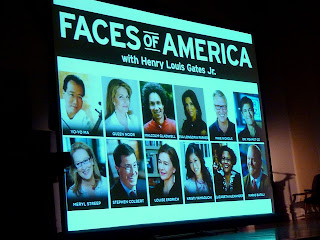Here's the recipe:
3 cups flour, plus additional flour, up to 1-3/4 cup
2 packages active dry yeast (I used the fast-rising kind)
1 tablespoon sugar
2 teaspoons salt
1/4 teaspoon baking soda
2 cups milk
1/2 cup water
cornmeal
Combine 3 cups flour, yeast, sugar, salt, and soda. Heat milk and water to approximately 120 degrees.Add to dry mixture and beat well. (I did this by hand.) Add additional flour as needed and mix until batter is slightly stiff. Spoon into two glass loaf pans that have been greased and sprinkled with cornmeal. Sprinkle tops with more cornmeal.Cover and let rise for 30 minutes. Then microwave each loaf for 7-1/2 minutes (no longer). Allow to rest for 5 minutes before removing from pan. To serve, slice and toast. Each loaf yields 16 slices.
It's only 12 degrees out there today, and the warmest place in our home is in front of our gas stove. The bread is rising!
Waiting for the bread to rise is a good time for cleaning up.
While "baking" for 7 1/2 minutes in the microwave, the bread continues to rise.
Here's the first loaf, while the second one is in the microwave.
Store finished loaves in the refrigerator. They also freeze well. The bread slices best when cold, then just pop the slices into the toaster to heat and serve. I like mine with butter and a touch of honey. Geo likes his with blueberry jam. This recipe is definitely a winner!
Note: I posted this in 2013! and I've forgotten about it. Now I'll be making it again!
If you found me here, please follow me on my new blog Resolutions. Thank you!
Enjoy the bread!








